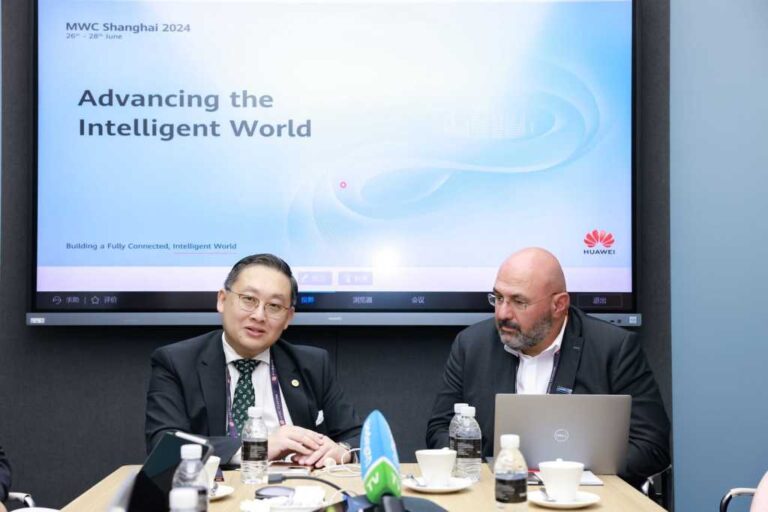In 2024, leading carriers in Asia and the Middle East have already begun to deploy 5G-A networks, and some have even unveiled differentiated experience packages based on this technology. Over the past five years, commercial 5G has achieved remarkable success and has had an unprecedented impact on the global mobile industry. This year will usher in the mobile AI era with the commercialization of 5G-A and other AI devices. The combination of the two will usher in the mobile AI era, popularize smart services, and bring about profound changes to society. At present, the number of 5G users worldwide has exceeded 1.8 billion, and carriers are already reaping the first dividends of 5G. For consumers, new calling, cloud phones, and naked-eye 3D experiences are creating new requirements for speed and latency.
MWC participants reaffirmed their commitment to driving sustainable growth and fostering resilient digital ecosystems by addressing critical issues of policy and cybersecurity standards. As these regions continue on their digital transformation paths, continued collaboration and strategic partnerships will be essential to overcome challenges and unlock new opportunities in the global telecommunications industry.
The GSMA (Global Systems for Mobile Communications Association) supports the mobile enterprise by advocating for industry policy, creating global standards and fostering collaboration. It drives innovation, promotes best practices and fosters partnerships to help operators effectively navigate technological advancements and regulatory challenges. The GSMA Open Gateway Initiative represents a giant leap in the mobile industry’s efforts to foster innovation and improve connectivity. The initiative aims to build a more collaborative ecosystem where developers and enterprises can seamlessly integrate and innovate by leveraging open network APIs.


